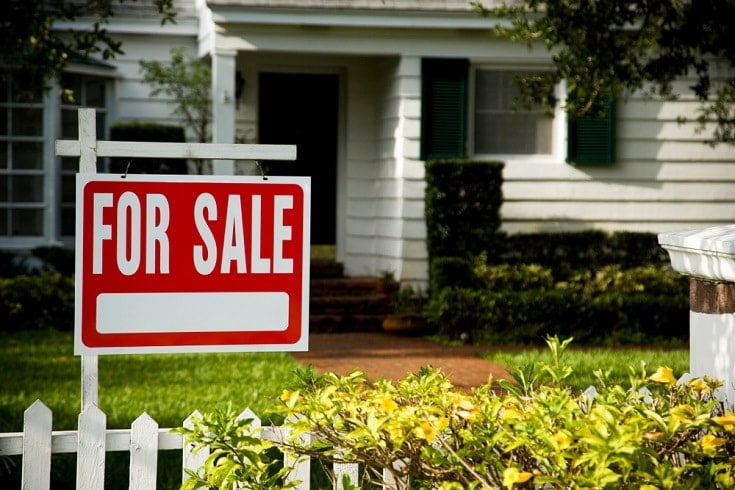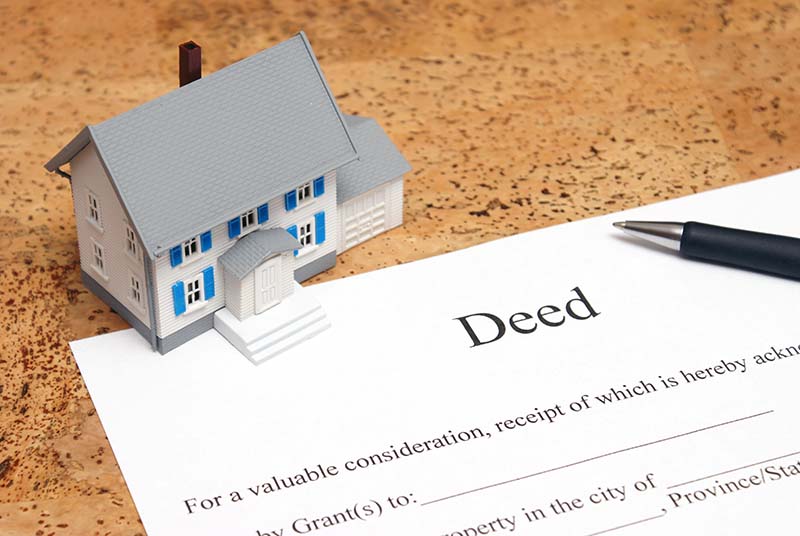What Does Pre-foreclosure Mean? What It Is and How It Works
-
Ed Malaker
- Last updated:

If you or someone you know has received a default notice warning of pre-foreclosure, you might not be sure what it means. Pre-foreclosure is the time between the first notice that a lender intends to foreclose on a property and when they take possession. It’s a homeowner’s last chance to modify the loan or get current on payments before losing the house. Keep reading as we list several things that can happen during this time so you can better understand your options.

What Is Pre-foreclosure?
Pre-foreclosure is a legal process that begins when a borrower cannot make a loan payment for 2–3 months. The lender will file a notice of default with the court, which is the first step in foreclosure. The pre-foreclosure phase is the time between this filing and when the borrower pays the bank funds or the lender takes possession of the house. In many cases, the lender will allow the borrower to make payments to get out of pre-foreclosure.
How Does Pre-foreclosure Work?
When you purchase a property, you typically set up a mortgage that you pay in monthly installments until you pay the full price plus any interest. These contracts usually go into default if you don’t make a payment for 3 months, and that is when the lender will set up the foreclosure process, which begins with the notice of default, putting the home in pre-foreclosure. When the lender files the notice of default with the court, it makes a public record and sends a notification to the buyer. The rest of the process can take a few weeks to over a year and requires a court proceeding. Since the foreclosing process can be expensive for the lender, they are often willing to negotiate back payments and even modify the loan agreement during pre-foreclosure to help a buyer get back on track.

Short Sales
A short sale is when a borrower sells a house in pre-foreclosure to help pay the outstanding loan balance, and the purchase price is often less than what the borrower needs, which is why they call it a short sale. Buyers are usually investors looking to purchase a property at below fair market value, so they can sell it for a profit later.
Some homeowners will set up a short sale before the house goes into pre-foreclosure if they know that there is a problem. The bank will usually need to approve any potential buyers and will likely be involved in the sale, often hiring their own real estate brokers and attorneys to get a broker price opinion, which is an estimated value of a property based on its characteristics, like being in pre-foreclosure. Selling the home with a short sale can keep it out of foreclosure, but you will still lose it to the new buyer.
Borrow
If a short sale is out of the question, you might be able to take out another loan to help you make the mortgage payments. Borrowing money from a friend or relative might also help you keep the house out of pre-foreclosure.
Deed Instead of Foreclosure
If you can’t take care of the bills by renegotiating the contract, borrowing money, or making a short sale, you might be able to hand over the deed to your home to the bank to avoid foreclosure. If the lender and bank agree, you can hand over the deed and walk away without owing any more money.

Will a Pre-foreclosure Affect My Credit?
Unfortunately, letting your home go into pre-foreclosure can dramatically lower your credit score, which will have a big impact on your credit. The bank will report your late mortgage payments to the credit-reporting agencies, and all future creditors will be made aware of your difficulties buying the house. The damage is even worse if the lender forecloses on the house because the report will state that you still owe money.

Summary
Pre-foreclosure is the time between a lender filing a notice of default with the court stating that you are late with your payments by 3 months and the bank foreclosing on the home. During the pre-foreclosure period, a homeowner can save the house by making payments or renegotiating their contract. If those options are not possible, the owner can still prevent foreclosure by short selling the home or transferring the deed to the bank. They will still lose the house, but they won’t owe any money, and their credit won’t take as much of a hit, so they might be able to try again.
Featured Image Credit: William Potter, Shutterstock
Contents
